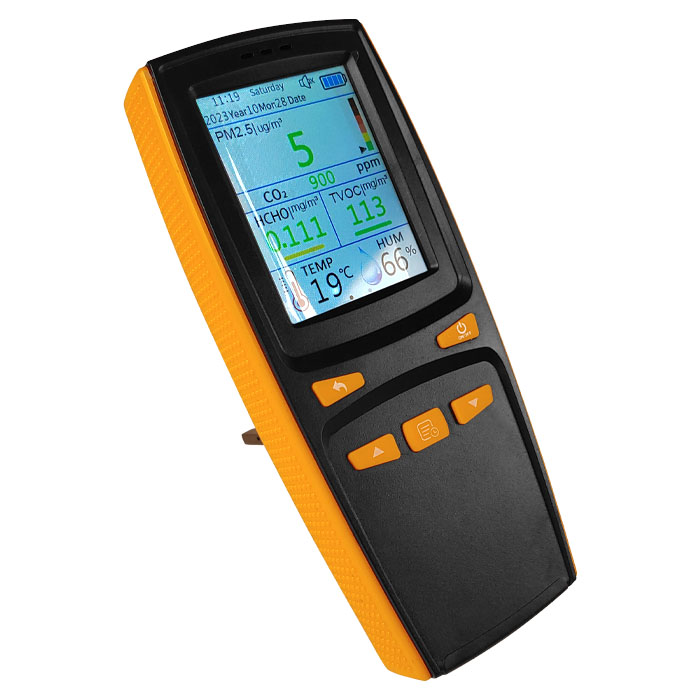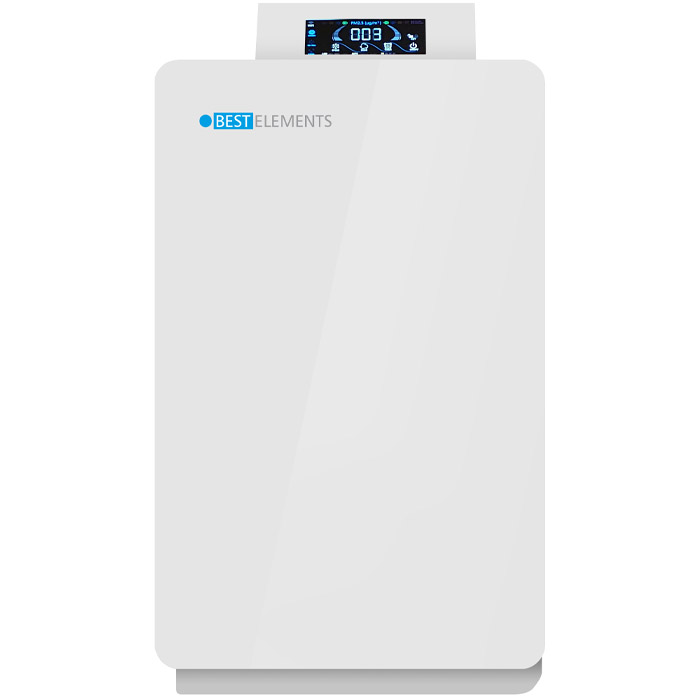Study finds link between air pollution and depression
Air pollution is increasingly recognized as an important environmental risk factor for mental health. A study in the UK found that people with long-term exposure to high levels of air pollutants may be at increased risk of depression and anxiety disorders.
Scientists conducted a prospective cohort study with 389,185 participants using UK Biobank data for which complete data on exposure to air pollutants was available. The long-term study of several air pollutants led to an increased risk of depression and anxiety disorders in the study participants. (Study 2023; DOI: 10.1001/jamapsychiatry.2022.4812).
Federal Environment Agency: The applicable limit values for particulate matter and nitrogen dioxide were set more than 20 years ago and do not correspond to current scientific knowledge about the health effects of air pollution.
Less air pollution means the least risk
Particulate matter PM2.5 and gaseous air pollutants (such as NO2 and NO) were taken into account in the investigations. Particulate matter PM2.5 and nitrogen dioxide are considered to be the most aggressive air pollutants. The association between PM2.5 and anxiety disorders was stronger in men than in women. A reduction in air pollutants could reduce the number of depressions and anxiety disorders writes aerzteblatt.de This leads to the conclusion:
The more efficient the air purifiers and thus the cleaner the air, the happier the people in your homes and offices will be
Those who have air filters live and work happier
10% more mistakes: Fine dust weakens mental performance – not only for chess players
A study by the Massachusetts Institute of Technology has shown that air pollution can directly affect the brain and make chess players more prone to errors. The researchers compared the performance of chess players at several tournaments with pollution exposure data.
Airborne particulate matter pollution has been identified as a key factor in air quality, measuring tiny particles 2.5 microns in diameter or less (PM2.5). An increase in particulate matter pollution by 10 micrograms per cubic meter of air resulted in a 2.1 percentage point increase in the likelihood of errors and a 10.8 percent increase in error severity. The negative effect on the brain is increased by time pressure.
This shows that air pollution affects human health and performance not only when playing chess, but also in daily life.
Tip: If you want to test your chess skills with up to four players at the same time, you will be happy with four-player chess :-)












